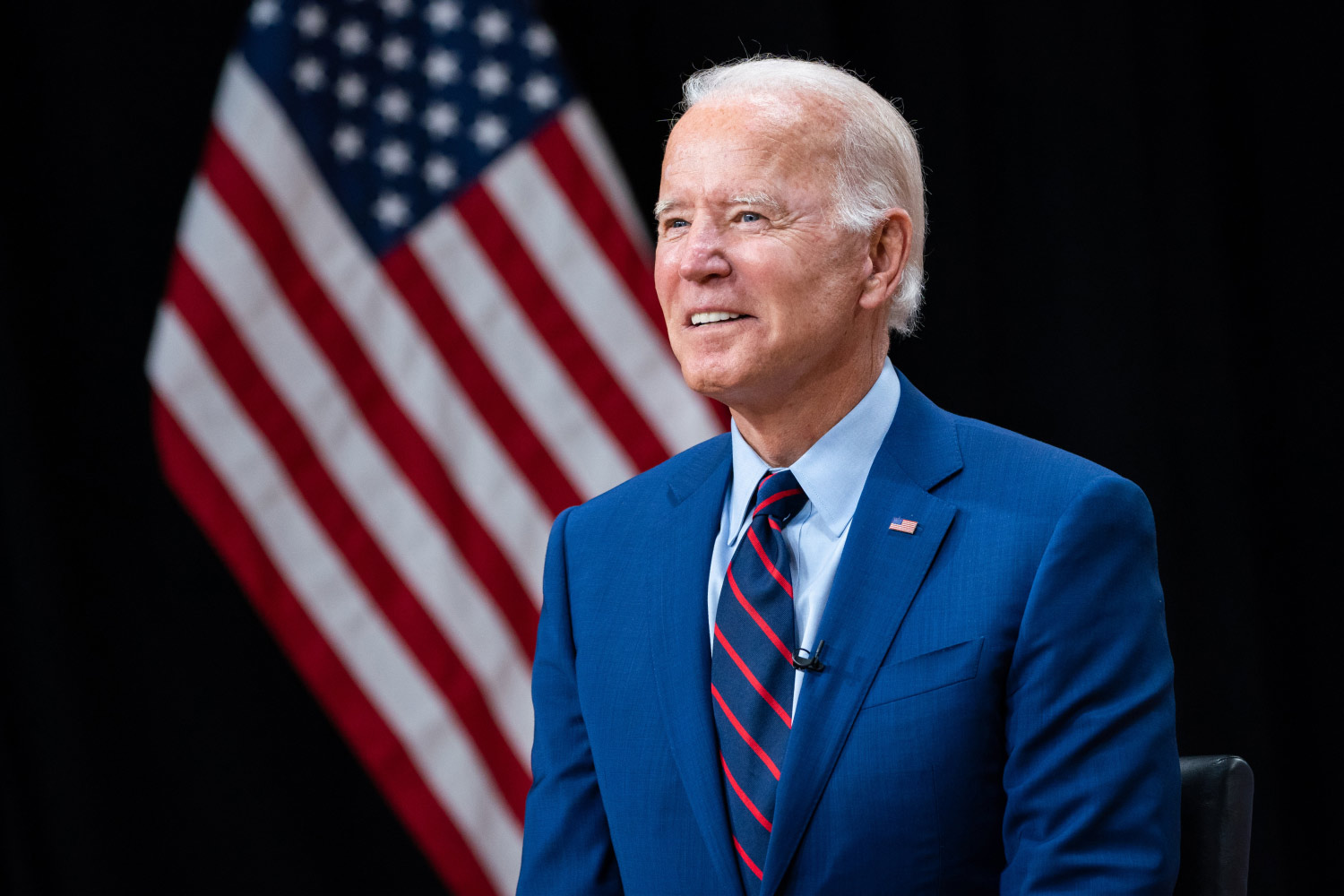In a significant diplomatic move, the White House engaged with pro-Khalistan groups just days before Indian Prime Minister Narendra Modi’s arrival in the United States for the Quad Summit and the 'Summit of the Future' at the United Nations General Assembly. This marked a notable shift in US foreign relations, particularly concerning the sensitive issue of Sikh separatism, an ongoing source of friction between India and countries like the US and Canada.
On Saturday, senior federal officials met with representatives from the American Sikh Caucus Committee and other Sikh organizations supportive of the Khalistan movement. The Khalistan movement advocates for an independent Sikh state, a cause linked to terrorism in India and strongly opposed by the Indian government. The engagement included assurances from the US government to protect Sikh Americans from any "transnational aggression" on its soil, signaling a new level of attention to the concerns raised by these groups.
Historical Context: The Khalistan Movement and India’s Response
The Khalistan movement traces its roots to demands for an independent Sikh state, with its peak in the 1980s when militancy led to violent clashes and terrorist activities within India. The Indian government has consistently viewed the movement as a serious national security threat, leading to crackdowns on its supporters both within the country and abroad.
In recent years, India has expressed increasing frustration with foreign governments, particularly in the US and Canada, over what it perceives as leniency towards pro-Khalistan groups. India has long contended that these nations provide sanctuary to separatist elements, allowing them to promote anti-India activities under the guise of freedom of speech.
One of the key figures associated with the Khalistan movement is Gurpatwant Singh Pannun, the founder of Sikhs for Justice (SFJ), a Khalistani separatist group banned in India in 2019 under the Unlawful Activities (Prevention) Act (UAPA). Pannun, designated a terrorist in 2020 by India, holds dual citizenship in the United States and Canada. His organization operates out of New York and has been linked to several anti-India incidents. In 2023, Pannun openly threatened Indian Prime Minister Narendra Modi, further inflaming tensions between India and the diaspora groups.
US Diplomatic Shift: Protecting Sikh Americans
The recent White House engagement with the American Sikh Caucus Committee underscores the Biden administration’s desire to address concerns of Sikh Americans. Pritpal Singh, the founder of the American Sikh Caucus Committee, hailed the meeting as a breakthrough, praising the administration’s commitment to safeguard Sikh Americans from external threats. This assurance comes at a time when pro-Khalistan groups in the US, such as the Sikh American Legal Defense and Education Fund (SALDEF), have raised concerns about "transnational repression" by foreign governments, particularly India.
Coinciding with the White House meeting was the introduction of the "Transnational Repression Reporting Act 2024" by US Congressman Adam Schiff. The bill mandates the US Attorney General to report incidents of transnational repression against individuals residing in the United States. The legislation has been praised by pro-Khalistan groups, including SALDEF, which openly supported Khalistani Hardeep Singh Nijjar. Nijjar, a vocal advocate of the Khalistan cause, was recently at the center of diplomatic tensions between India and Canada following his killing in British Columbia. Canada has blamed Indian agents for Nijjar’s assassination, a claim that has strained India-Canada relations further.
India’s Response and Ongoing Diplomatic Concerns
India has repeatedly expressed dissatisfaction with how foreign governments handle separatist movements, criticizing what it views as a double standard. While India acknowledges the value of freedom of speech, External Affairs Minister S. Jaishankar recently clarified that this freedom should not extend to the support of separatism or activities that threaten India’s sovereignty. He emphasized India’s concerns over the perceived shelter provided to Khalistani elements, arguing that the US and Canada have not done enough to curb their anti-India activities.
New Delhi’s concerns are not new. Over the years, India has frequently raised the issue of Khalistani separatism in international forums, urging foreign governments to take stronger action against these groups. However, the recent White House engagement, timed so close to Modi’s visit, could heighten diplomatic tensions between the two countries.
A Diplomatic Tightrope
The White House's engagement with pro-Khalistan groups demonstrates the delicate balancing act the Biden administration faces as it seeks to address domestic concerns while maintaining strategic ties with India. Modi’s visit to the US is expected to focus on enhancing cooperation in defense, technology, and trade as part of the Quad alliance. However, the pro-Khalistan issue could cast a shadow over these discussions, adding an extra layer of complexity to an already sensitive geopolitical relationship.
As the world watches Modi’s visit closely, it remains to be seen how both the US and India will navigate these tensions, particularly in light of recent events that have reignited the Khalistan debate. The Biden administration’s move to engage with Sikh separatist groups ahead of such a high-profile diplomatic visit suggests that this issue will continue to play a significant role in US-India relations in the coming months.

